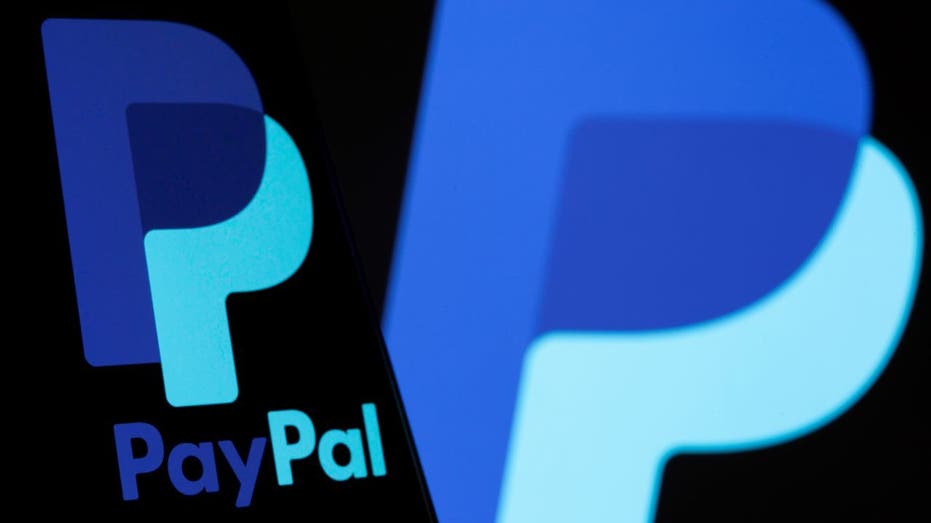Payments firm PayPal to lay off 7% of its workforce to cut costs
PayPal joins Big Tech and Investment Banking firms in laying off employees.
How do tech layoffs impact commercial real estate?
Alexandria Real Estate founder Joel Marcus provides insight into the commercial real estate market.
PayPal Holdings Inc said on Tuesday it is planning to cut 7% of its workforce, or about 2,000 employees, the latest in a list of fintech firms to be hit by the economic slowdown.
The payments firm also joins Big Tech firms and Wall Street titans, which are executing layoffs across corporate America as companies look to rein in costs to ride out the downturn.
PayPal's move to keep a tight lid on costs comes against the backdrop of decades-high inflation hitting the purchasing power of consumers who also have to contend with the threat of a looming recession.

The PayPal logo is seen on a smartphone in front of the same logo displayed in this illustration taken September 8, 2021. REUTERS/Dado Ruvic/Illustration (Reuters Photos)
"While we have made substantial progress in right-sizing our cost structure, and focused our resources on our core strategic priorities, we have more work to do," said PayPal's Chief Executive Dan Schulman in a statement.
MONTANA SEN. STEVE DAINES BLASTS PAYPAL FOR 'ORWELLIAN' MISINFORMATION POLICY SENT OUT 'IN ERROR'
Shares of the payments firm, which lost about 60% of their value last year, were up about 2% in afternoon trading.
| Ticker | Security | Last | Change | Change % |
|---|---|---|---|---|
| PYPL | PAYPAL HOLDINGS INC. | 40.42 | +0.52 | +1.30% |
"Similar to other tech companies, PayPal is seeking to position itself financially and strategically, bracing for an economic slowdown," said Moshe Katri, analyst at Wedbush.
In this photo illustration, Venmo logo, a mobile payment service of Paypal is seen displayed on a smartphone and a pc screen. (Photo Illustration by Pavlo Gonchar/SOPA Images/LightRocket via Getty Images)
DOW, 3M, SPOTIFY JOIN GROWING JOB LAYOFFS
Thomas Hayes, chairman and managing member at investment firm Great Hill Capital told Reuters that "tech over-hired during the pandemic and rationalizing staff during a soft period will help them to retain margins as conditions recover."
In November, PayPal had cut its annual revenue growth forecast in anticipation of a broader economic downturn and said it did not expect much growth in its U.S. e-commerce business in the holiday quarter.
CLICK HERE TO GET THE FOX BUSINESS APP
Executives at the company said at the time that a challenging macro environment, and slowing e-commerce trends were pushing it to be prudent with its forecast.






















